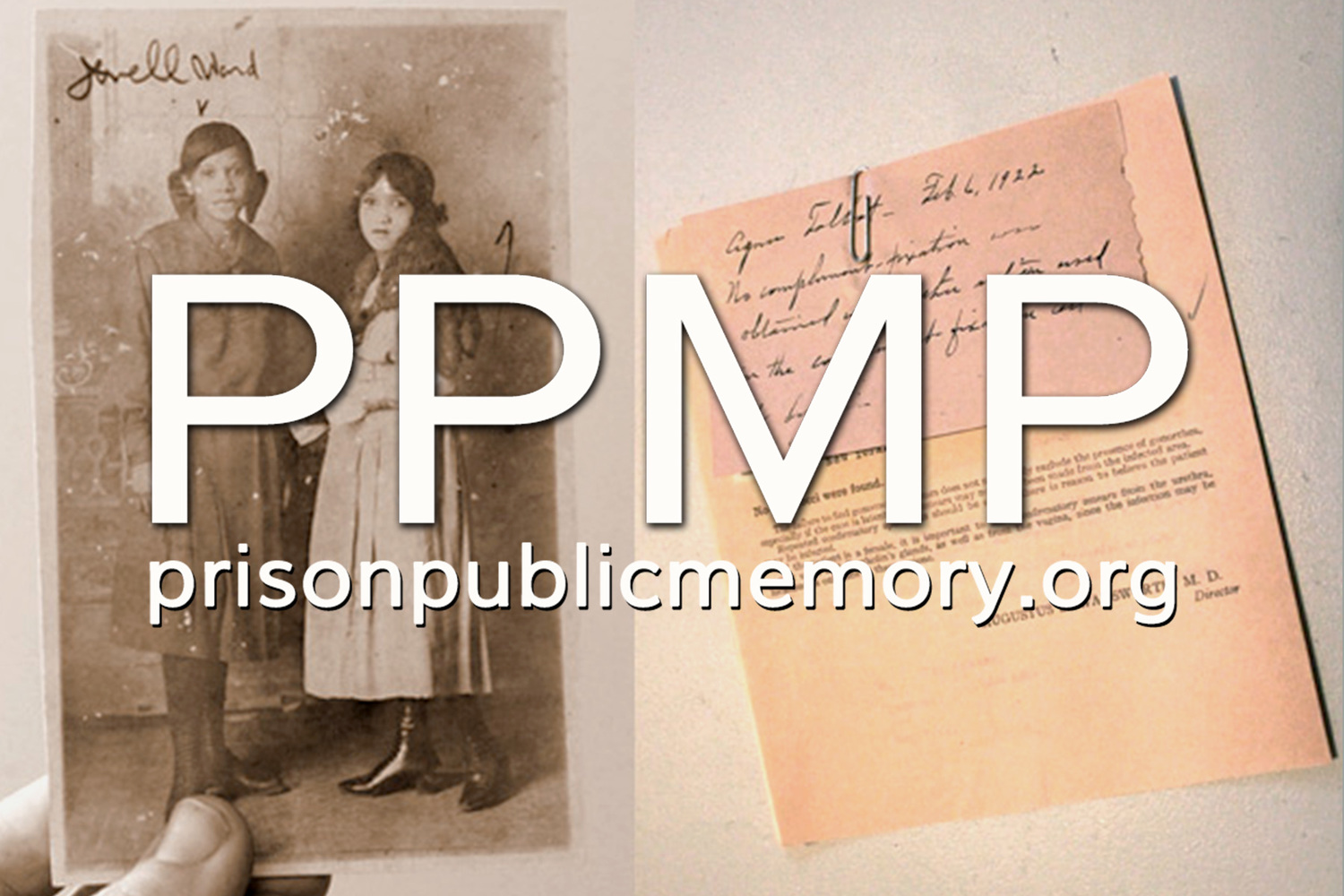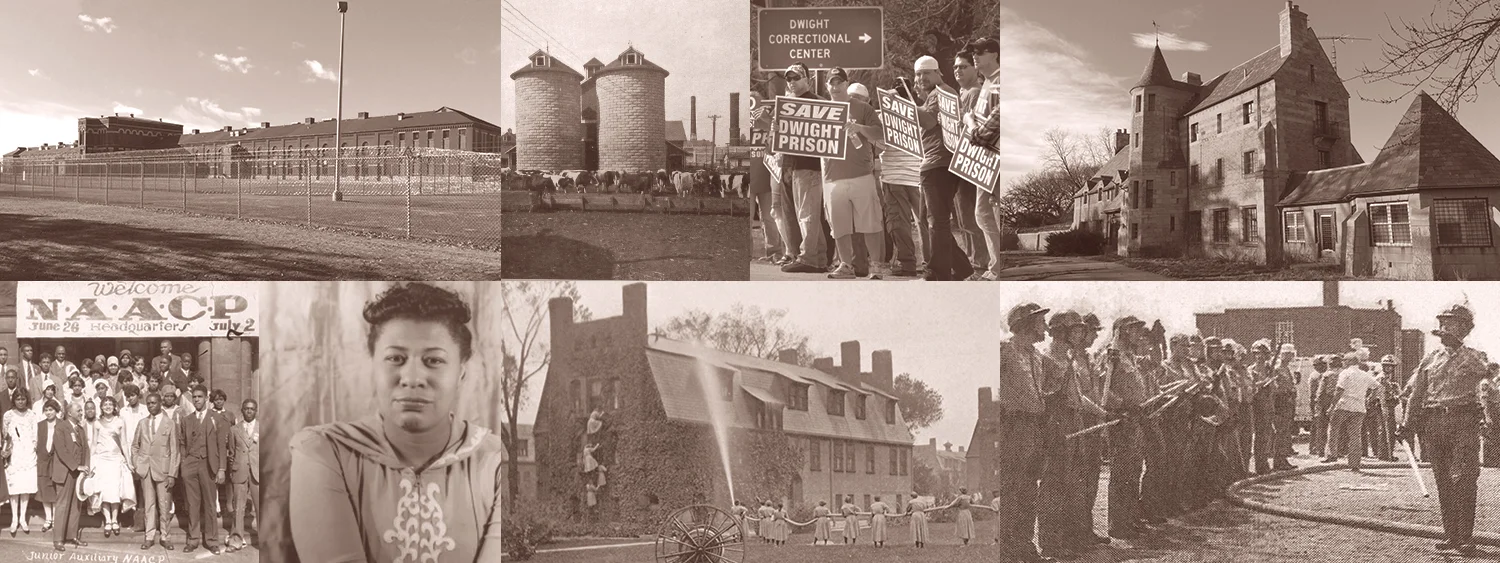Bearing Witness
/In May of 2011, a box of documents from the New York State Training School for Girls—intake forms, letters, photographs, and other administrative paperwork from the 1920s—was discovered by Lisa Durfee at a Hudson garage sale on Clinton Street. The papers were stashed in an unmarked gray cardboard box, the size of a hatbox, with no lid or further clues as to how the papers arrived at this sale, so obviously private, partial, and conspicuously removed from the larger paper trail generated by the Training School over its 71 years of operation.
Most of the girls detailed in the papers surely have died (Their birth years range from 1907 to 1908), but there’s no indication in these records what course they took between the time of their residence at the Training School and the end of their lives. The paperwork does offer, in fragment form, a portrait of the student body, expressed through medical and social histories of the intake forms and various girls’ letters home.
From the records, one can detect an institutional obsession with the girls’ physicality, despite the fact that the pseudosciences such as physiognomy and phrenology were arguably passé by the 1920s. Still, intake forms include accounting such as “EARS: Small, lobes attached,” “NOSE: Not typical, but nostrils wide,” “MOUTH: Not typical,” HAIR: Black, kinky, bobbed,” and “FOREHEAD: Medium broad, high.” Today’s reader is left to guess the standards by which a feature was judged “typical” or “not typical.”
What many of the girls shared in common, as laid out in “EXPERIENCE LEADING TO COMMITMENT” is a history of sexual abuse, including instances of rape and molestation. The medical and psychological narratives contained in the forms often conclude with a comment revealing the doctor’s misplaced focus on the girl’s runaway efforts, or on accusations of promiscuity.
Still, the records are not as dismissive as they first appear. Despite their medical syntax and brevity, the records offer an entry point to the girls’ inner emotional worlds.
MENSES: Appeared at 13 yrs. –Was not informed and was frightened and tried to stop it with cloths – Told grandmother who explained it to her – Function is regular and normal.
WORK HISTORY: In Savannah, Ga. Earned money scrubbing and washing dishes – Was only 12 yrs. – Got $1.25.
PERSONAL HISTORY: “Bites nails ‘terrible’—No fear of storms, the dark, nor strangers—Afraid of heights––Talks in sleep at times––Doesn’t dream much ‘unless I eat a very heavy supper’––Can recall dream content––Has dreams that frighten her––Dreams of men getting after her, etc.”
EXPERIENCES LEADING TO COMMITMENT: …Mrs. Anderson’s children struck me with hammers and everything and she didn’t do anything.
It’s worth noting that the resident physician who completed these forms was Dr. Anne Burnet. Women held other high-rank positions at the school, as well.
Within these very reductive documents, one can extract inviolable details and circumstances crucial to constructing a social history of the school. Even if Dr. Burnet’s reports failed to express outright sympathy for the girls, she bore witness.

